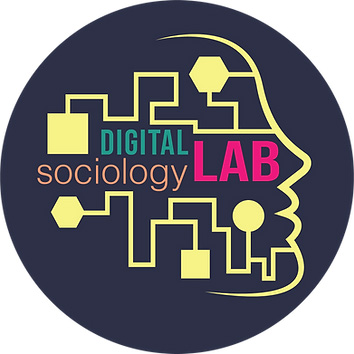Undergraduate Program
Our undergraduate program promotes outstanding education in a positive learning environment that prepares students for future academic and professional success.
Our rigorous courses analyze social problems and issues by:
- Understanding scientific principles of social life
- Gaining skills in critical thinking, research and data interpretation
- Developing public-engagement practice through experiential learning
- Applying scientific principles to critically encounter and deconstruct modern social problems
Using both theory and methods, you'll develop a sociological imagination central to the critical analysis of modern social problems.
Explore
B.S. in Sociology
The department offers one undergraduate degree: a Bachelor of Science in sociology. The curriculum provides students with a solid foundation in the basic principles, theories and techniques of analysis in sociology
Minor
The sociology minor consists of 18 credits, including foundational courses and 12 hours in upper-level electives.
Accelerated B.S. and M.S.
We offer two pathways for students to earn an accelerated bachelor's and master's degree in a minimum of five years by completing approved graduate courses during the senior year of their undergraduate program.
Scholarships
The College of Humanities and Sciences offers more than 100 scholarship opportunities annually to currently enrolled students. Explore the opportunities offered to students through the Department of Sociology.
Courses
Explore the courses you'll take as an undergraduate student in the Department of Sociology.
Internships
Internship sites for sociology students have included Equality Virginia, Virginia Hispanic Chamber of Commerce, Planned Parenthood, Neighborhood Resource Center, Safe Harbor Shelter and local community gardens.

Digital Sociology Lab
The new Digital Sociology Lab provides digital tools, training, research and resources to students, social justice organizations, community members and activists.